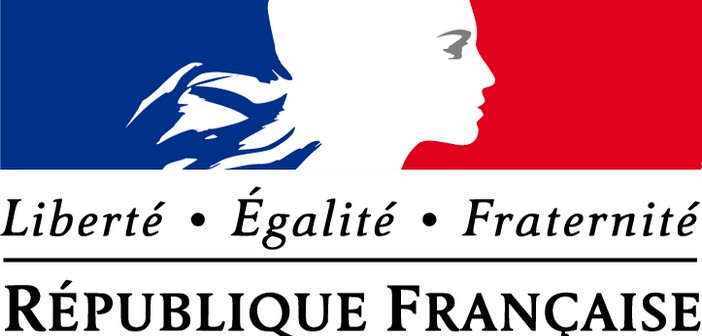The Republic has come a long way; it is indeed an idea as ancient as Europe itself, having been born in Athens over 25 centuries ago. It was the political model of the Roman world before Julius Caesar and then Emperor Augustus concentrated all power.
It reappeared in Venice during the Middle Ages, then in the Netherlands and even in England in the 17th century before being adopted as a system of government by the United States of America after gaining independence.
Each time, in very different and hardly comparable forms, it embodies the government of all against the power of one or an oligarchy.
The French Republic occupies a unique and singular place in this long history.
In France, the Revolution of 1789 suddenly transformed the old Capetian kingdom into a sovereign nation. It was the force of the Tennis Court Oath. The monarchy could not survive the emergence of this new legitimacy. War, foreign invasion, and the flight of the royal family no longer allowed the coexistence of royal power and popular legitimacy. The Republic was thus proclaimed in September 1792, but despite the victory at Valmy and the heroism of the Year II soldiers, it took nearly a century for it to become definitively established.
The excesses of the Terror, the dictatorship of the Committee of Public Safety, and the wars in the Vendée turned the French away from the Revolution and even the Republic, which Bonaparte overthrew on the 18th Brumaire to soon establish an Empire and have himself crowned as Napoleon I.
For several decades, France hesitated, searching for the ideal regime, multiplying charters and constitutions, overturning thrones and offering crowns, astonishing the world with its audacity and convulsions.
The fall of the Empire after Waterloo, the failure of successive restorations, the ephemeral Republic of 1848 abolishing slavery, the splendor and then the collapse of the Second Empire in the face of Germany’s new power are all episodes in this long political journey of our country.
In 1870, with Napoleon III captured and the Empire swept away, the Republic was proclaimed in France for the third time. The French who wanted peace elected a conservative Assembly. In Paris, the Commune refused defeat and transformed into an insurrectional power.
Once again, the destiny of France seemed to oscillate between revolutionary fury and monarchist reaction. It required profound political insight to understand that the Republic would only definitively establish itself if it guaranteed the French both order and equality of rights, property and the hope of meritocracy, freedom of expression, and respect for all beliefs.
Thiers summarized this program before the National Assembly on November 18, 1872, with a famous formula: “The Republic will be conservative, or it will not be.” The bloody repression of the Commune was the price.
After a defeat that amputated France of Alsace-Lorraine and a Parisian insurrection that left only blood and ruins, the Republicans patiently built the regime. They enacted the laws of 1875, which consolidated the republican institutions, then the laws on freedom of assembly, freedom of the press, and free education, which still form the foundation of the regime today.
This was the era when Léon Gambetta traveled across France to win people over to the Republic and Jules Ferry tasked the School with its republican mission.
The Republic was then strong enough to withstand violent political crises and to achieve the separation of Church and State, but above all, it was the immense sacrifice of more than a million men who fell during the Great War that ultimately cemented its destiny to that of France.
The trauma of 1940 once again made the Republic falter when one man, a young general, managed to keep it alive in London and in the heart of the resistant France. General De Gaulle restored the Republic, which he completed by granting women the right to vote as early as 1944, before refounding it in 1958 when the decolonization wars threatened to engulf it once more in turmoil.
With the institutions of the Fifth Republic, the general offered France a regenerated Republic that nearly three generations have kept alive to this day, despite political and social crises.
It is from this long history, now over two centuries old, that the French today wish to be not only the heirs but also the continuators.


